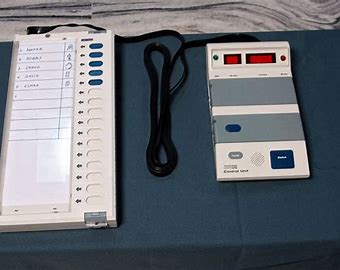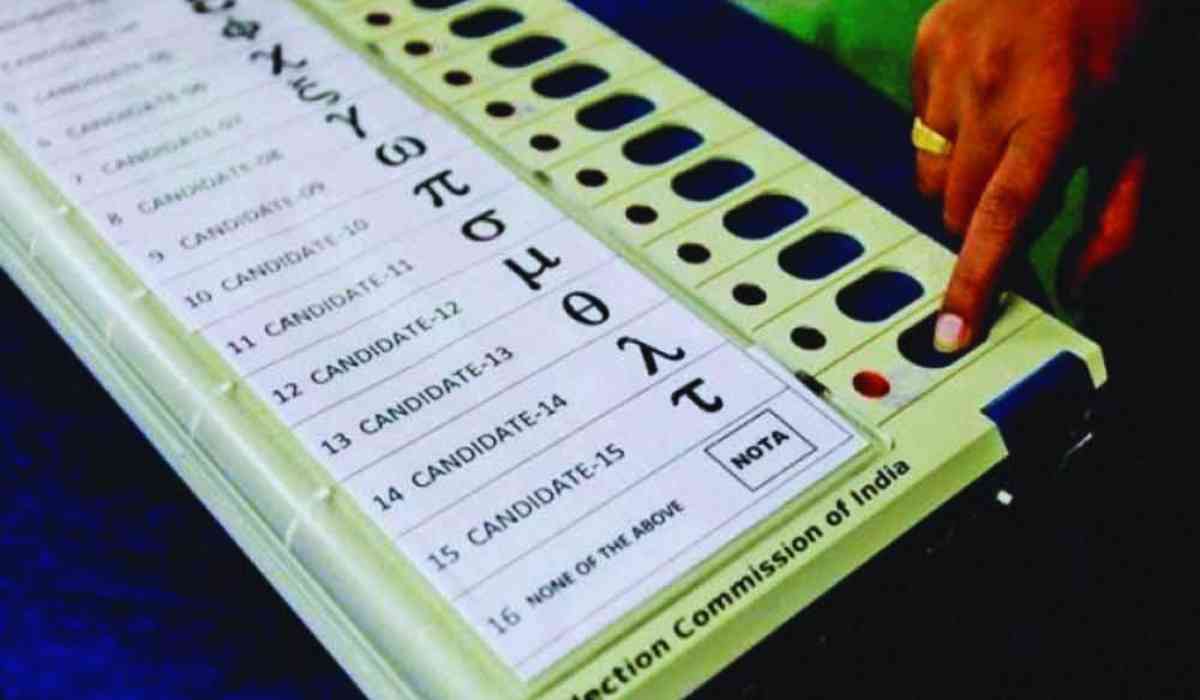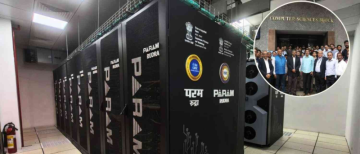A remote electronic voting machine (REVM) is a type of electronic voting system that allows voters to cast their ballots remotely, without physically being present at a polling station.

REVMs are typically used in elections or other voting processes where it is not practical or feasible for voters to physically attend a polling station, such as in the case of absentee voting or voting by military personnel deployed overseas.
REVMs typically utilize secure internet connections or other secure communication channels to transmit the votes from the voter to the central tabulation system.
REVMs may also include security measures such as biometric authentication or voter verification to ensure the integrity of the voting process.
An EVM consists of a ballot unit, which is used by the voter to cast their vote, and a control unit, which is used by the election officials to set up and operate the machine.

The ballot unit typically includes a display screen and buttons or other input devices that allow the voter to select their preferred candidates or options. The control unit is typically used to program the machine and to manage the voting process.
When a voter casts their vote using an EVM, the machine records the vote electronically and tabulates the results in real-time.
EVMs may also include security measures to ensure the integrity of the voting process, such as biometric authentication or voter verification.
EVMs are widely used in elections around the world and are considered to be a reliable and efficient way to conduct voting.
However, some critics have raised concerns about the security and transparency of EVMs, and there have been instances of alleged tampering or malfunctioning of the machines.
© Vygr Media Private Limited 2022. All Rights Reserved.
























